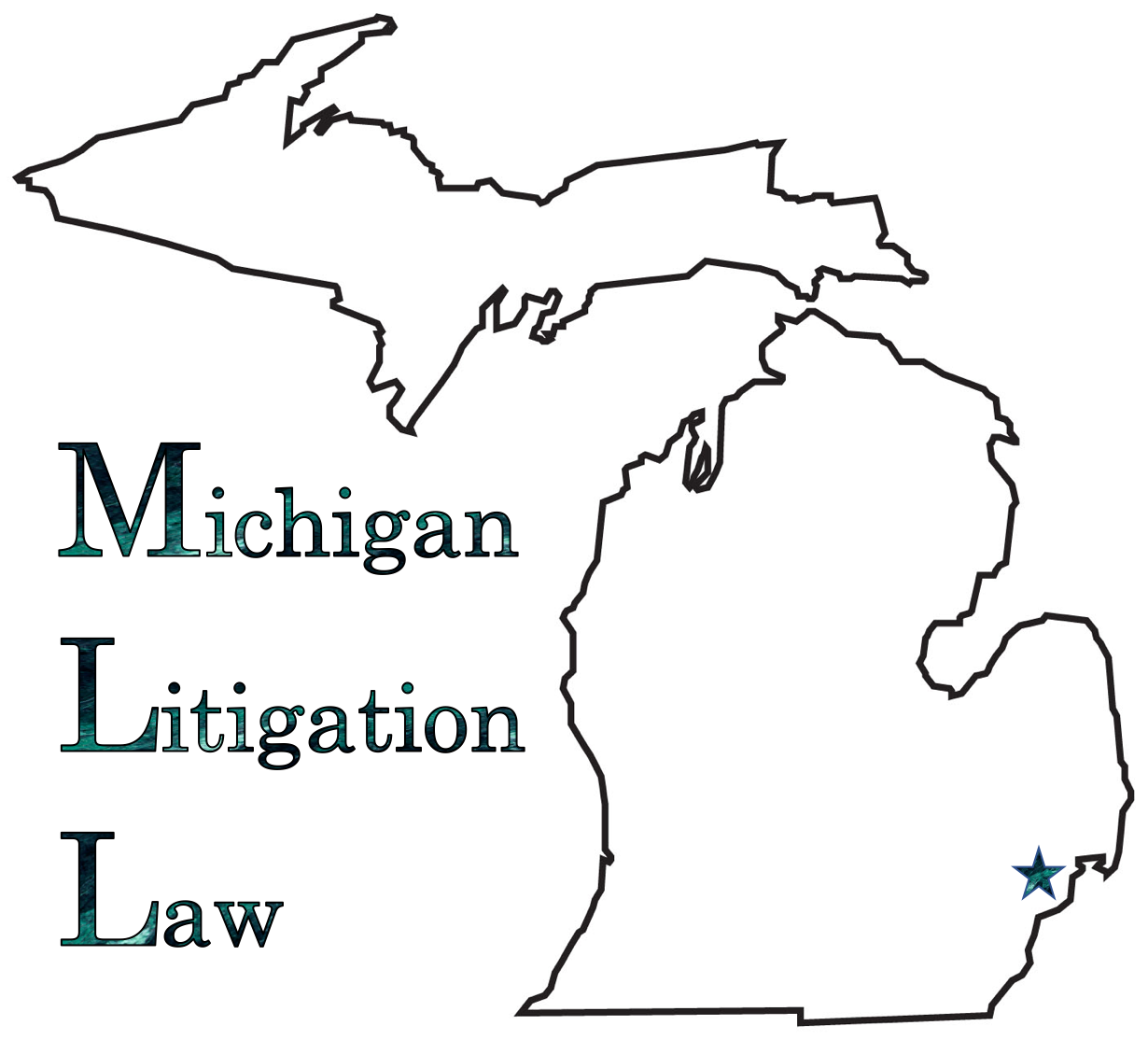Michigan High Court to hear arguments over redistricting proposal
The Michigan Supreme Court on Friday agreed to consider a legal challenge to a potential ballot proposal that would create a citizen committee to redraw political boundaries every 10 years.
The high court ordered a July 18 special session to hear oral arguments in the case.
The "Voters Not Politicians" initiative seeks to amend the state Constitution to create a 13-member redistricting commission that would draw new political maps every decade, a process currently controlled by whichever political party is in charge in Lansing.
The opposition group Citizens Protecting Michigan’s Constitution sued in an attempt to keep the measure off the ballot, arguing the proposal is too broad to be considered an amendment to the state Constitution. Such changes should require a constitutional convention, they argued.
The Michigan Court of Appeals rejected the opposition suit in June, calling it a "narrowly tailored” proposal and ordering the Board of State Canvassers to certify the group’s petitions.
Republican Attorney General Bill Schuette last month urged the Michigan Supreme Court to overrule that decision, arguing the proposal would “alter the fundamental division of powers within our government" beyond a simple amendment.
Former California Gov. Arnold Schwarzenegger, a Republican, and former U.S. Sen Carl Levin, a Detroit Democrat, recently field a brief encouraging the Supreme Court to allow the measure on the ballot.
Initiative supporters say Michigan’s current system for drawing state and federal political districts allows the majority party to “gerrymander” boundaries for political benefit.
The suit seeking to keep the measure off the ballot is “—an attempt to ensure that the status quo remains in place in Michigan for yet another decade-long redistricting cycle,” said the Common Cause legal brief backed by Schwarzenegger and Levin.
The Michigan Supreme Court, in its Friday order, called for 60 minutes of oral arguments on July 18. Each side will have 30 minutes to argue whether the proposal is an voter-initiated constitutional amendment fit for the ballot or whether it qualifies as a revision to the constitution “and therefore ineligible for placement on the ballot.”
The special session will allow justices to hear the case in an expedited fashion ahead of the November general election. Traditionally, the court would not have scheduled oral arguments until October.
Citizens Protecting Michigan’s Constitution has financial backing from the powerful state Chamber of Commerce. In legal briefings, attorneys for the opposition group have argued the “unprecedented size” of the Voters Not Politicians initiative shows it is more than a simple amendment.
The proposal would add more than 3,000 words to the Michigan Constitution of 1963, more than twice as many as the largest one-time amendment to date, attorney Peter Ellsworth wrote in a June 11 filing.
“It would moreover eliminate typical checks and balances that apply to the branches of government by giving the Commission an unlimited budget, providing for removal of commissioners only by other commissioners, and preventing the courts from drawing redistricting plans even as a last resort,” Ellsworth added.
Lawyers for Voters Not Politicians have argued the initiative should not be kept off the ballot because it has a high degree of specificity. The Constitution does not impose amendment restrictions based on complexity, subject matter or scope, they’ve told the court.
Katie Fahey, founder and executive director of the ballot committee, said the group’s legal team is confident the redistricting proposal meets all requirements to make the November ballot and is prepared to make its arguments in court.
“Voters deserve an opportunity to fix the current process, where politicians manipulate election maps behind closed doors, by voting to create a transparent redistricting process,” Fahey said in a statement.

